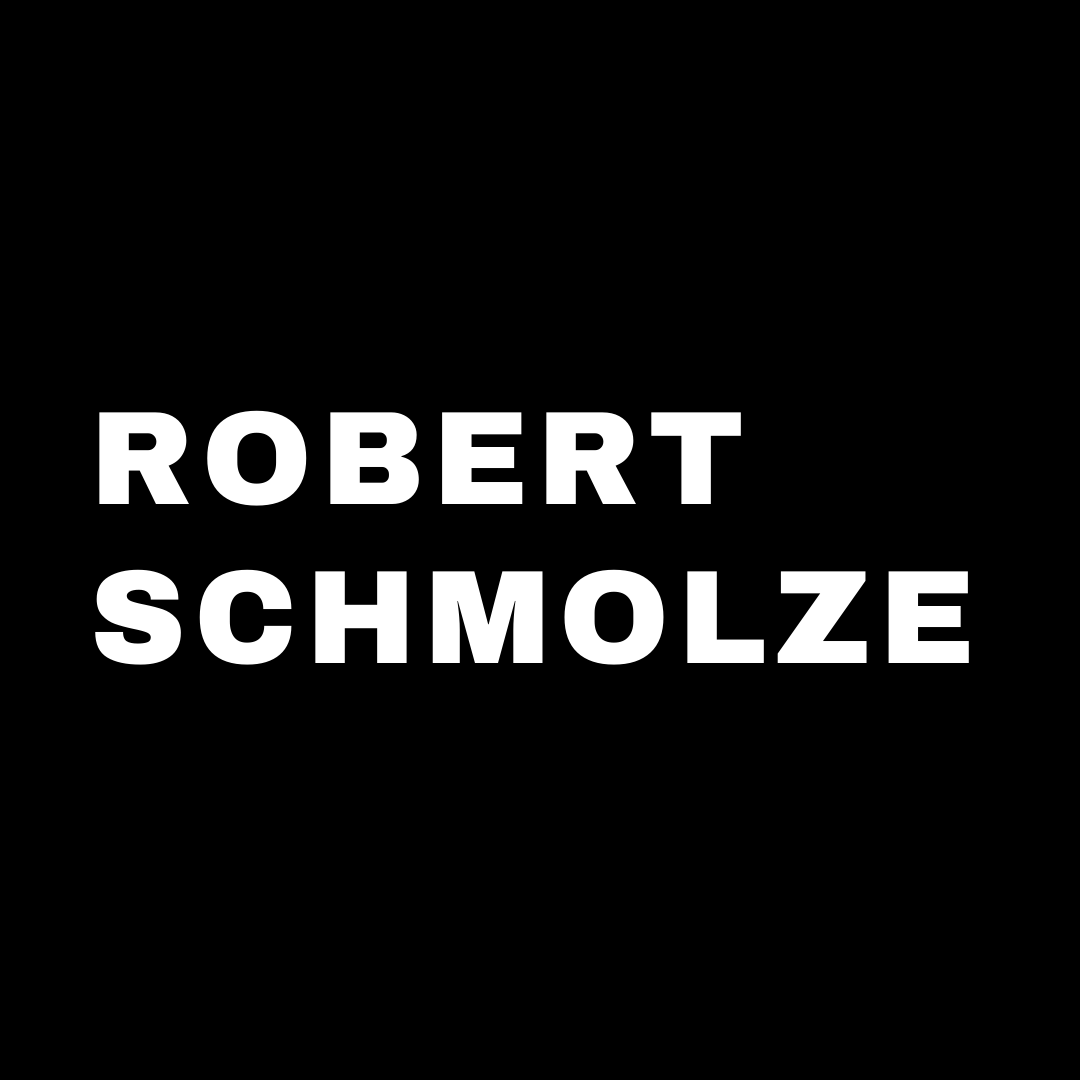For all of those that celebrate Happy Hanukkah!
A time for a community to come together, recognize the past, celebrate the present and talk about the future. Passing generational stories and morals to the next. I dont know much about the tradition, but have been fortunate to attend the celebration through out the years, to make myself feel more prepared I googled it, and here is a great short synopsis.
-Enjoy and Happy Holidays Robert Schmolze
What happens on each night of Hanukkah
Found on https://reformjudaism.org
Each night of Hanukkah, families light candles in a , lighting one candle the first night, two the second night, and so on, until all eight nights have concluded.
Two blessings are chanted or recited every night of Hanukkah. The first is a blessing over the candles themselves. The second blessing expresses thanks for the miracle of deliverance. A third blessing, the Shehecheyanu prayer (marking all joyous occasions in Jewish life), is chanted or recited on the first night only.
Any member or members of the family may chant or recite the blessings. One person lights and holds the , the blessings are pronounced, and then the candles are lit. The shamash is used to light the others, and one candle is lit for each night. The candle for the first night is put on the right side of the eight-branched .
On each subsequent night, an additional candle is placed to the immediate left of the previous night’s candle, and the candles are lit from left to right, so that the kindling begins with the newest light. Since these lights are holy, it is forbidden to make practical use of them; therefore, a special shamash candle is used to light the others.
Throughout Hanukkah, families may also tell the story of Hanukkah; exchange gifts; play the dreidel game; make special foods, including latkes and sufganiyot; engage in social justice work and giving tzedakah; attend Hanukkah carnivals and other holiday events at their synagogue or with their community; and other festive activities.
A Kid-Friendly Version of the Hanukkah Story
Long ago, before even our grandparents’ grandparents’ grandparents were alive, the land of Israel was ruled by a wicked king named Antiochus Epiphanes.
King Antiochus counted many Jews among his subjects, and, just like so many of us today, our Jewish ancestors lived their lives according to Jewish custom and tradition. Like us, they celebrated Shabbat and marked the festivals of Passover, Sukkot, and Shavuot. Unlike us, though, our Jewish ancestors worshiped at the ancient Temple in the city of Jerusalem. This Temple was the holiest of holy places, the center of Jewish life.
But King Antiochus did not want to rule over a nation of many religions and many cultures; he wanted to rule one nation with one religion and one culture. He wanted all the people of his land to live the way he lived and to pray the way he prayed, according to Greek customs – and this meant that he did not want the Jewish people to dress differently or worship differently or eat differently.
Under King Antiochus, the practice of Judaism was completely abolished. He forbid the Jews from celebrating Shabbat, and he forbid the Jews from observing the festivals. He also forbid the Jews from reading or studying Torah. But perhaps worst of all, King Antiochus forbid Jewish worship in the Temple, and he turned the holy Temple into a place that became very unholy, making a real mess by setting up idols and altars to Greek gods inside.
Many Jews were afraid for their lives, so they felt forced to follow the king’s orders. But one group of brave souls decided that they would not submit to the king; they would not worship foreign gods or give up their Jewish way of life. This group was called the Maccabees, and they were determined to take back their Temple and defend their religious freedom.
The Maccabees were led at first by a man named Mattathias, and then, later, by his son Judah. Compared with the King’s army, they were small in number, but they were mighty in spirit. With faith and relentless determination as their guides, the Maccabees won a stunning victory over the King’s army. They fought hard and, against all odds, they won.
The Maccabees successfully took back the Temple from King Antiochus, but they were heartbroken to discover that the King had not taken care of their holy space. They got to work cleaning and purifying it, and they removed all the foreign idols and altars the king had set up inside. They lovingly cleansed every inch of the Temple, and then, on the 25th day of the month of Kislev, the Maccabees held a glorious rededication ceremony. The word “Hanukkah” means “dedication,” and it comes from the moment when the Temple was triumphantly returned to the Jewish people.
The most famous story about that rededication comes from our Talmud, where we read that, when the Maccabees walked into the Temple, they found only enough oil to light the menorah (lamp) for one day – but miraculously, that small amount of oil lasted for eight days, which is exactly how long it took to get new oil.
Today, our celebration of Hanukkah lasts eight days, in honor of the miracles that occurred so many years ago. We light eight candles on the (one candle the first night, two the second night, and so on) and we eat latkes (potato pancakes) and other foods fried in oil. We spin the dreidel, whose letters remind us “Nes Gadol Haya Sham,” “A great miracle happened there.” We give and receive chocolate and often exchange gifts, too.
With every Hanukkah candle we light, we illumine the most important messages of all: that we must always work to find light in the darkness, and we must always work to keep the light of religious freedom burning for all people, for all time.
Found on https://reformjudaism.org



